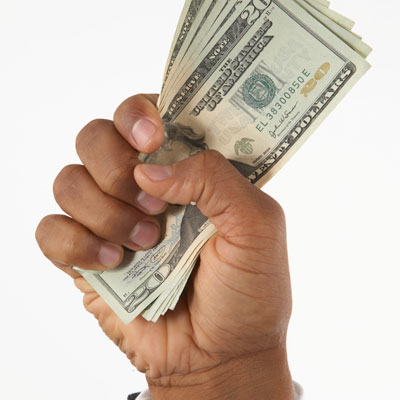Cisco Repatriating $67B To Fuel Shareholder Payouts, M&A Strategy Unchanged

Cisco Systems plans to bring some $67 billion in cash back to the United States as a result of the U.S. Tax Cuts and Jobs Act, and has plans to pump the lion's share of it into dividends and share buybacks for shareholders.
Cisco Chairman and CEO Chuck Robbins said the bringing the cash home from overseas would have little impact on the San Jose, Calif., company's mergers and acquisitions strategy.
"Cash outside the U.S. had no impact on our ability to do M&A," Robbins said in response to a question during a conference call with Wall Street analysts Wednesday to discuss the company's second quarter results. "We continue to look for M&A targets that line up with what we're trying to do strategically. It's about the strategic fit. We've kept plenty of powder dry, and we have the ability to take on debt if necessary."
[Related: Cisco Completes Blockbuster $1.9B BroadSoft Acquisition]
CFO Kelly Kramer said the repatriated cash would fuel a $25 billion increase to Cisco's share repurchase program, and would be used over the next 18 to 24 months. Kramer also said the company is "very pleased" with the tax rate reduction Cisco realizes. The company's tax rate now stands at about 20 percent, Kramer said.
"We're going to be consistent," Kramer said. "We're going to be continuing to look for acquisitions that drive value and drive growth with. We're going to give back cash, drive dividends. We're going to be giving back through a healthy buyback."
Kent MacDonald, vice president at Long View Systems, a Calgary, Canada, solution provider that works with Cisco said he wouldn't be surprised to see Cisco make a major acquisition in the coming year, regardless of the cash stockpile the company plans to bring stateside.
"They could look at a storage partner like NetApp or Pure," MacDonald said. "Storage would complement the data center play, as well as the software model. It would simplify the world. It wouldn't be without its trials and tribulations. It would be a challenge to maintain those ecosystem partners if they made that move. Some partners would align very well, but other would find it challenging."
Dan Serpico, CEO of FusionStorm, a San Francisco, Calif., solution provider that works with Cisco said he expects the lower corporate tax rate and ability to repatriate cash to help Cisco drive innovation across its portfolio. "There are a number of very nice features, aside from simply lowering the tax rate," Serpico said. "Things like accelerated depreciation on infrastructure purchases and incentives to bring cash back, from overseas, and the overall tax cut, are reasons to believe that investments in technology will be positively affected. I see no reason why Cisco wouldn’t enjoy as much of a lift, from this, as anyone else."
Cisco shares surged 6 percent to $44.61 in after-hours trading Wednesday, its highest level since late 2000, after the company reported second-quarter revenue of $11.9 billion, compared to $11.6 billion in the same period a year ago and halting six consecutive quarters of revenue declines.
The revenue figure beat Cisco's guidance, as well as Wall Street's expectations, and lent some black-and-white support for Robbins strategy to transform the legacy networking giant into a software and applications powerhouse that relies on subscription revenue for a greater share of its growth. Kramer said recurring revenue accounted for about a third of Cisco's sales during the quarter. Recurring revenue accounted for about six percent of sales less than three years ago.